Page 8
Category: Regulations
-

Victoria tables ambitious 2035 emissions reduction target
The Victorian Government has tabled in parliament its formal determination of Victoria’s 2035 emissions reduction target under its Climate Change Act 2017. The Act sets a framework to keep developing new policies to meet the targets, or sector pledges. The 2035 target aims to reduce Victoria’s greenhouse gas emissions by 75–80 per cent below 2005 levels. […]
-

Australian views on US pathogen mitigation standard
On May 15, the eyes of the global HVAC&R community were trained on the US, as ASHRAE released the first draft of Standard 241P Control of Infectious Aerosols. The standard provides minimum requirements for HVAC-related measures to reduce the risk of transmission of COVID-19, influenza, and other airborne viruses in homes, offices, schools, and hospitals […]
-

ASHRAE releases draft pathogen mitigation standard
ASHRAE has announced the completion of the first draft of its standard for maintaining healthy indoor air quality (IAQ), with final approval expected in June and publishing anticipated in July. ASHRAE Standard 241P, Control of Infectious Aerosols provides minimum requirements for HVAC-related measures to reduce the risk of transmission of COVID-19, influenza, and other airborne […]
-
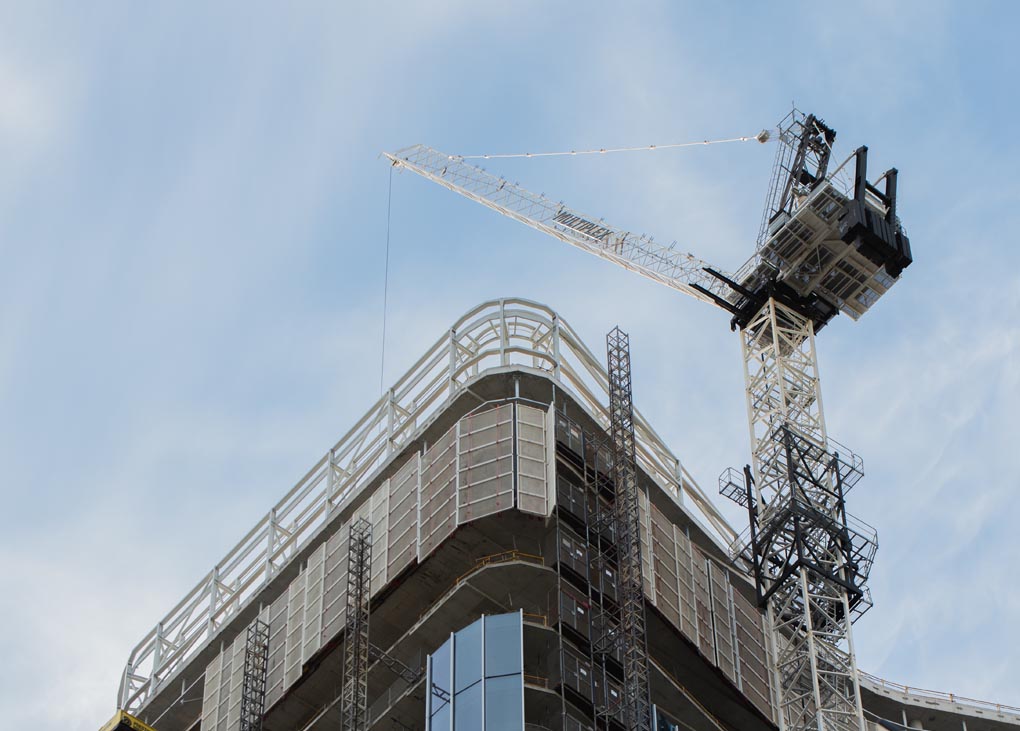
All systems go for NCC 2022
As of May 1, 2023, NCC 2022 has officially been adopted by the states and territories. The Australian Building Codes Board (ABCB) says this marks one of the biggest changes to an edition of the National Construction Code (NCC) since the Building Codes of Australia and the Plumbing Code of Australia were combined in 2011. […]
-

Greenhouse gas evaluation standard under review
ASHRAE and the International Code Council have announced that an advisory public review is open for a proposed joint greenhouse gas (GHG) evaluation standard. Proposed ASHRAE/ICC Standard 240P – Evaluating Greenhouse Gas (GHG) and Carbon Emissions in Building Design, Construction and Operation, aims to provide a methodology to quantify and document GHG emissions associated with […]
-

Greater visibility coming for gender pay gap
A major step towards addressing the gender pay gap has been taken with the passing of the Workplace Gender Equality Amendment (Closing the Gender Pay Gap) Bill 2023 in federal parliament. From 2024, the Workplace Gender Equality Agency (WGEA) will publish gender pay gaps by employer, in addition to publishing the gender pay gap at […]
-

Professional Engineers Act 2023 passed in the ACT
The Professional Engineers Act 2023 has been passed in the ACT Legislative Assembly. This brings the ACT into line with other states that are rolling out professional registration regimes, or that already have them in place, including Queensland, New South Wales, Victoria and Western Australia. In Queensland, practising engineers have been required to be registered since 2002. […]
-

Bringing the Australian air filter standard up to speed
Standards Australia has started with implementation of ISO 16890, bringing the Australian Standard for air filters used in general ventilation and air conditioning in line with world’s best practice. Part 1 of the standard is now out for public comment, and can be accessed via the Standards Australia website. According to Daniel McCaffrey, M.AIRAH from […]
-
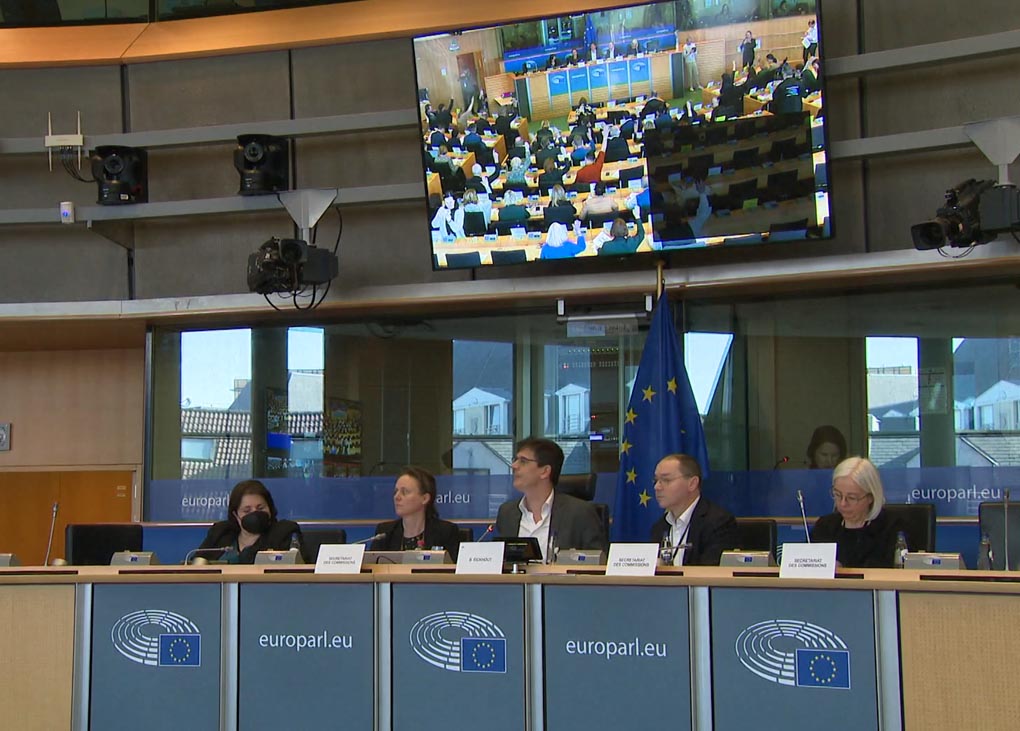
Europe votes to move away from fluorinated refrigerants
The European Parliament’s Committee on the Environment, Public Health and Food Safety (ENVI) has agreed to amendments to the F-gas regulation that will see bans on fluorinated gases in refrigeration and air conditioning equipment over the next five years. It signals a major move away from synthetic gases and towards natural alternatives. “We are making […]
-

APCO seeks views on problematic packaging
Leading up to the 2025 deadline for Australia’s national packaging targets, the Australian Packaging Covenant Organisation (APCO) is seeking information on problematic packaging. The targets, to be achieved by December 31, 2025, are: 100 per cent reusable, recyclable or compostable packaging 70 per cent of plastic packaging being recycled or composted 50 per cent of […]
-
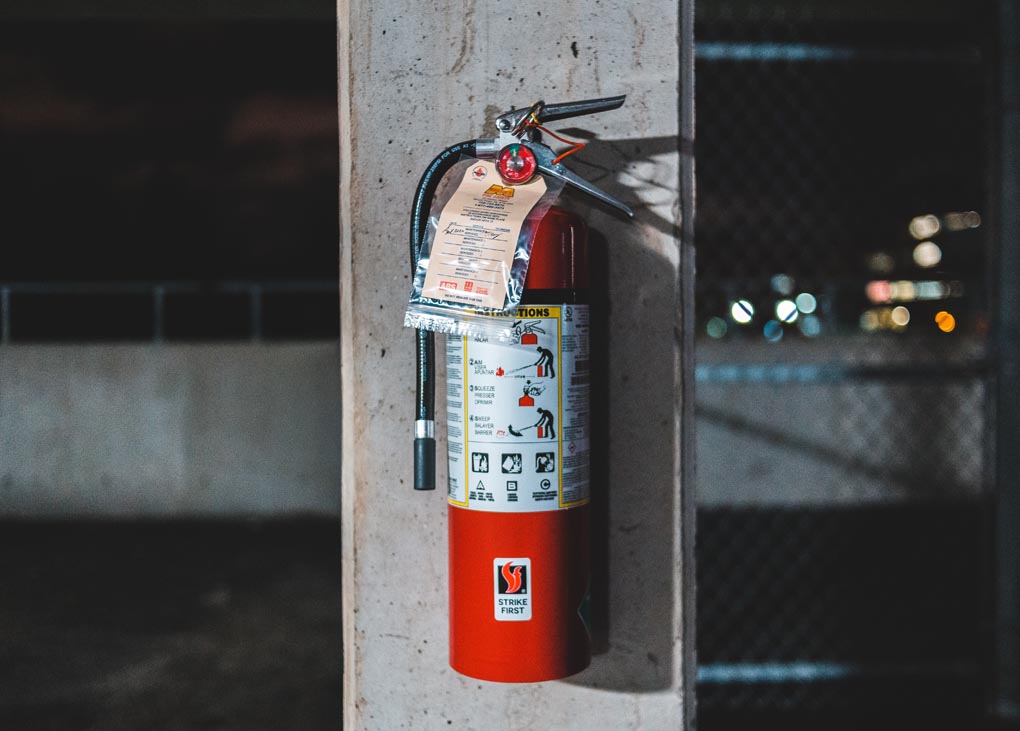
NSW strengthens fire safety regulations
The NSW government has made important changes to its fire safety regime to address shortcomings of the system. The Fire Safety Regulation 2022, published in December 2022, requires engineers to seek comment from the Fire Commissioner when developing performance solutions for Class 2–9 buildings, ensuring that the NSW fire authority is more engaged in the […]
-
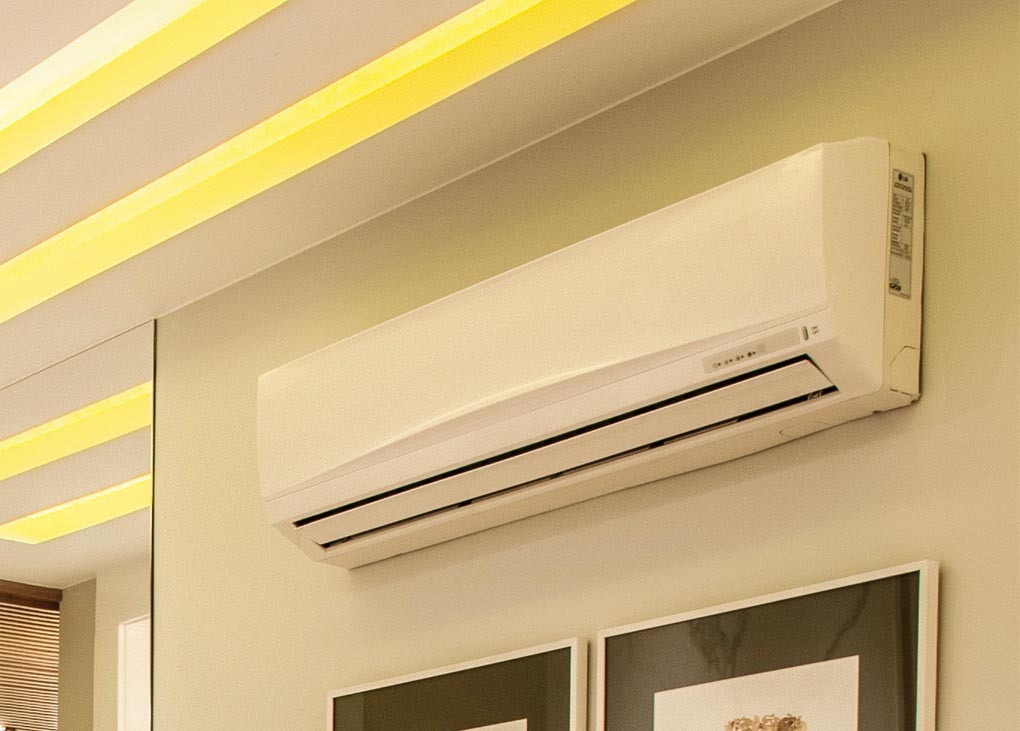
AC installation rules changing in SA
As a result of demand response requirements, installation rules for air conditioners functions are set to change in South Australia from July 1, 2023. From July 1, technicians must not install or connect certain air conditioners unless they comply with the demand response requirements in the Technical Regulator’s new guideline. Air conditioners covered by these […]
-

Industry calms fears around incoming NSW licence
The mechanical services licensing saga took another twist when NSW Fair Trading sent out an email earlier this month to contractors urging them to start applying for the new mechanical services licence, which comes into effect on March 1, 2023. The email warned that the licence will be legally required by those “testing and commissioning […]
-

NABERS seeks input on embodied emissions framework
NABERS is seeking industry input on a new system for measuring and reporting on embodied emissions in buildings. Embodied emissions have become an increasing focus in the built environment as a wide range of stakeholders develop detailed plans for reaching net zero. Although the pathways to reducing scope 1 and 2 emissions – those emissions […]
-

Government seeks input on improving energy performance
Consultation is now open on the National Energy Performance Strategy, which the federal government says will focus on easing pressure on energy bills, improving energy reliability and reducing emissions. The government has acknowledged there is much work to be done in this area – an assessment confirmed by international reviews. Australia was declared a “loser” […]
-

Reason prevails in mech services licence saga
After signs that air conditioning and refrigeration technicians in New South Wales could be excluded from key work when the new mechanical services licence goes live in March 2023, the government has confirmed that the scope of work for air conditioning and refrigeration technicians will not change with the introduction of the new licence. It […]
-

ABCB making editorial corrections to NCC 2022
The Australian Building Codes Board (ABCB) will be making editorial corrections to the National Construction Code (NCC) 2022. According to the ABCB, the corrections do not change the effect of the provisions. “The relevant editorial updates will correct some minor typographical errors and hyperlinks across the national requirements and state and territory variations,” says the […]
-

Plan to make Australia an energy-efficiency winner
The Australian federal government has kicked off work to develop a National Energy Performance Strategy. The announcement was made by Assistant Minister for Climate Change and Energy Jenny McAllister at the 2022 Energy Efficiency Summit in Sydney. “For too long, Australia’s efforts at reducing emissions and cutting energy costs have lacked a national plan that […]
-

NT to adopt NCC 2019 energy-efficiency provisions
The Northern Territory has confirmed it will introduce energy-efficiency provisions for non-residential buildings, as specified in Section J of Volume One of NCC 2019. The decision was made after a comprehensive cost-benefit analysis was undertaken by energy-efficiency specialists DeltaQ. This examined the impact of the potential adoption of either the energy efficiency provisions in the […]
-
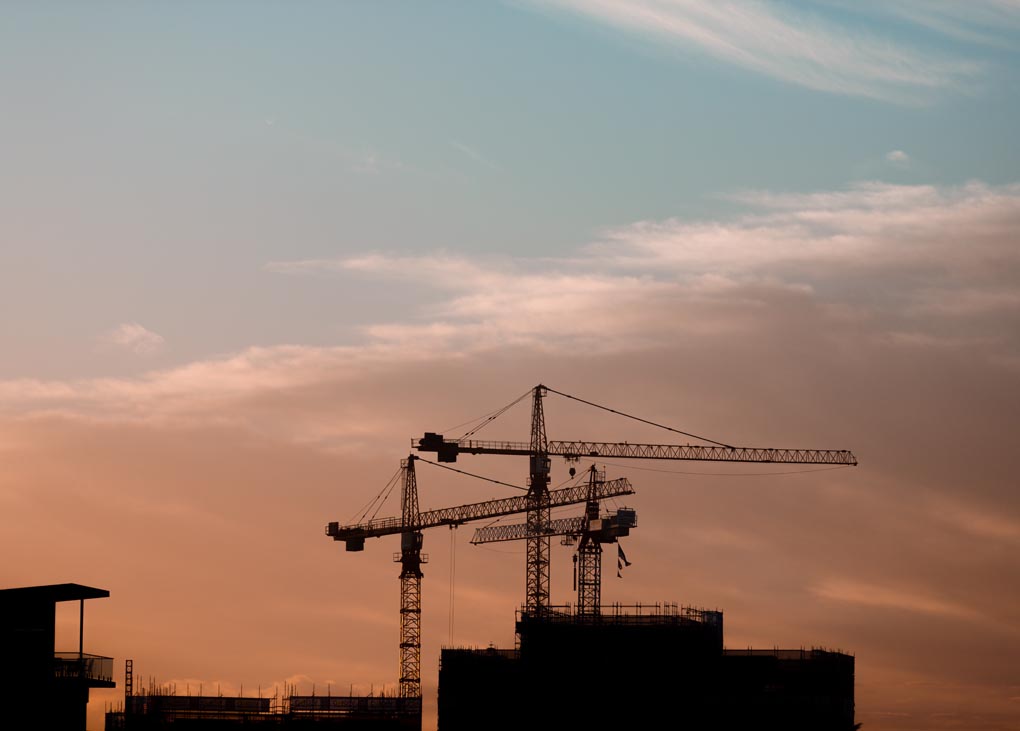
NCC 2022 now available online
The 2022 version of the National Construction Code (NCC) is now available online. The major changes are the lifting of the minimum energy efficiency requirements for new homes from 6 to 7 NatHERS stars, and a new annual energy-use budget applicable to major appliances such as space conditioning, hot water, lighting, pool and spa pumps, […]